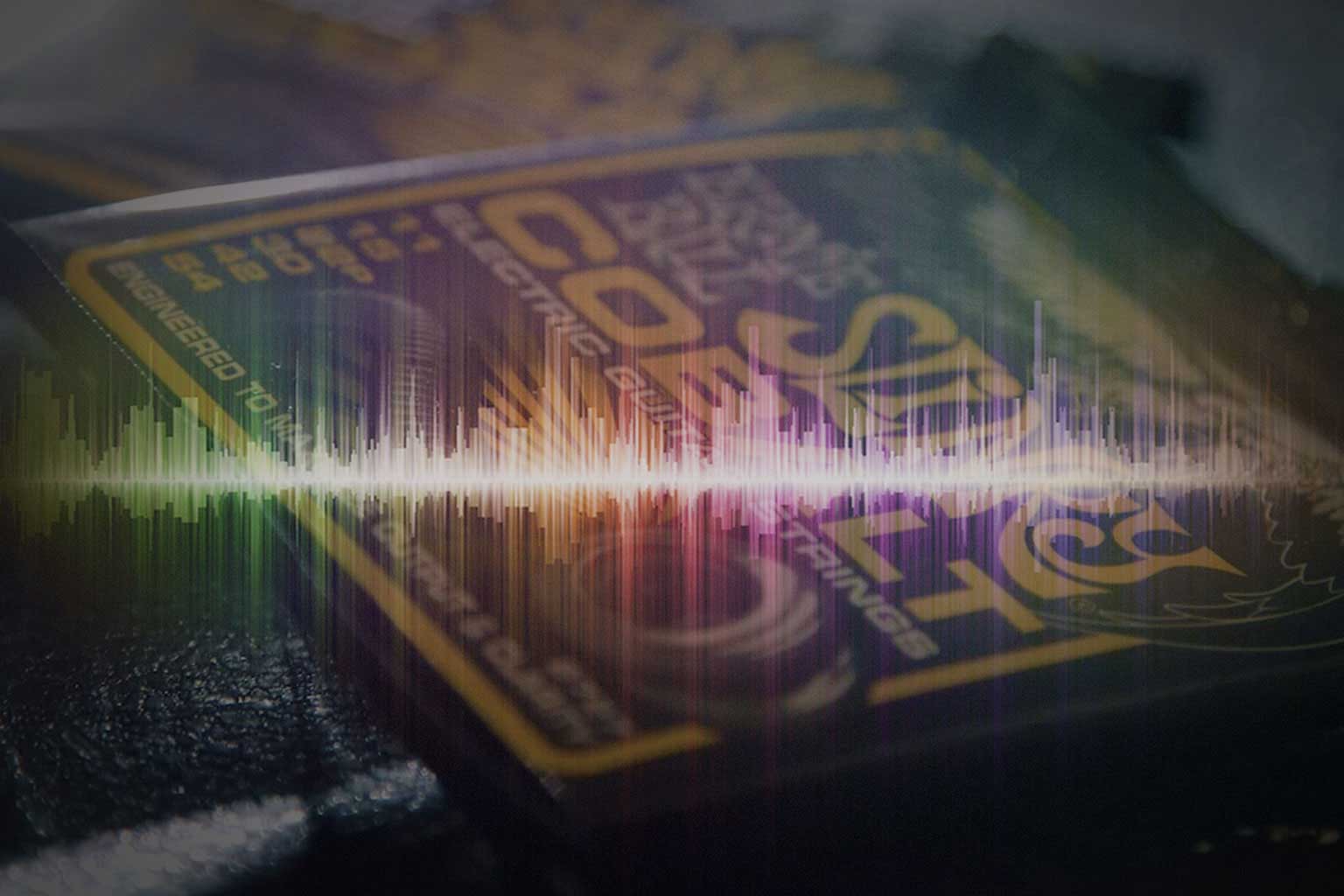Transcript
Jade Puget:
When I first started playing guitar, very early on I learned that I could write songs and that I was able to be a songwriter.
Jade Puget:
I started out just plinking around and not really knowing what I was doing, never being able to read music or anything like that. But when I realized that I could write songs, that's what guitar playing became to me, and what it is to this day. The first instrument and the first tool I used to write music.
Jade Puget:
There's this punk house that we all hung out at in the '80s, and they had this really shitty guitar with ... it might have had two strings, but I learned how to play like Violent Femmes.
Jade Puget:
When I was, I think, a sophomore or junior in high school, I got mono and so I was home for a month and a half, and there just happened to be a guitar. I had nothing to do, so I picked up the guitar and just started messing around with it, and that was really the genesis or me playing guitar.
Jade Puget:
From the very beginning when I got my first electric guitar, 10-46 has always been the gauge. I don't know if that's because that's the first gauge I ever used. They were actually Ernie Balls, the very first, that green package. To me, that was the perfect gauge. Live, that's the go to thing, and then in the studio I use usually 11-48s just because they stay in tune a little better. I'm not a super heavy player. 10-46 just seem to be from my style of playing the perfect ... I'm more wrist and less like arm and like ... Even in the punk days, I was all wrist.
Jade Puget:
Early on, being in AFI, I've been in AFI for almost 20 years, and so I was the only guitar player. In the studio, I didn't really feel constrained by like how can I reproduce this live so much. I just did what I wanted to do in the studio, and then I had to figure out how to do it live later on.
Jade Puget:
Early on, I started playing major barre chords, always using all six strings when I'm recording, because I want it to sound as big as possible on stage. That became a big part of my guitar playing, and then figuring out when I'm playing all six strings on a cord, moving my fingers around to make different sounds. I play very few single string leads. There's always two or three strings. Like maybe I'm fretting two strings and with an open string, because I knew live, I don't want to sound all thin, like I'm playing these big chords and all of a sudden I've get this like clinky little high one string thing. That's not going to sound good. That really affected my playing and kind of became, even really early on, I guess a signature thing of how I play.
Jade Puget:
Just listening to music, I was very affected by music at an early age. Then learning to play it and learning to write songs myself, to this very day I write music and work on music every single day. Really, the writing and the composing is my favorite part of music these days and the part that I'm most drawn to. I just love to be in there surrounded by instruments and just have this endless world possibility of anything I can write. I do a lot of electronic music. I do scoring. I write rock music. I do co-writing. It's this, even though I've been writing music for 25 years, there's still so much I haven't even touched on and so much to still explore.
Jade Puget:
When I started, I was completely self taught and I didn't know how to read music. I didn't write music. I didn't know scales. I didn't know theory. I didn't know any of it. I kind of loved the idea of soloing just because I was learning the guitar, and it was like this new instrument, and learning the fret board. But at that time in the '80s you know, metal and metal heads were kind of ... Like I was a punk and a skater, and those were kind of our enemies. Like they hated us, so we hated them. To us, that was the antithesis of punk was metal because it was all about shredding, and about how you looked, and how good you could play. To us, it was like looks didn't matter and playing wasn't important.
Jade Puget:
To me, I almost resisted being a shredder and learning stuff because like that put you in the other world. It kind of put you in the metal world, whereas punk was just about aggression and simplicity. But early on it kind of crept in there, because I realized I did actually like to shred. I couldn't help but like learn some scales and learn how to play some rifts and stuff.
Jade Puget:
I kind of was at war with myself. Am I like a simplistic player? Is it punk? Is it hardcore, or do I actually want to like dip into this world and learn how to play arpeggios and learn technique and stuff? I always kind of trod that line throughout, and still to this day.
Jade Puget:
Sometimes I might play something that's like, "Well, I did this 15 years ago 100 times. Like do I really need to do this type of song again?" But sometimes you need continuity in your band. Punk and hardcore are a very important part of AFI and where we started, the genesis of the band, and that'll always, there'll be a little bit in there. But like Davey and I did a side project called XTRMST, which was straight edge hardcore and really insane, chaotic, fast, ridiculous music, screaming, so I was able to kind of get some of that out of my system, stuff that maybe I can't bring into AFI as much anymore. There are ways to the catharsis of still being able to play that kind of music.
Jade Puget:
You have to push forward always, because when you start becoming stale and start just repeating yourself, then what's the point? You can't even attempt relevancy at that point. If you just put out the same record and be like do you ever turn to form or like, "This is what we were doing on Art of Drowning. Look, we can still do it. Is this what you wanted? We're playing fast again." Artistically, there's no merit to that. Even if people don't like where you're going, you still have to try to go somewhere.



















